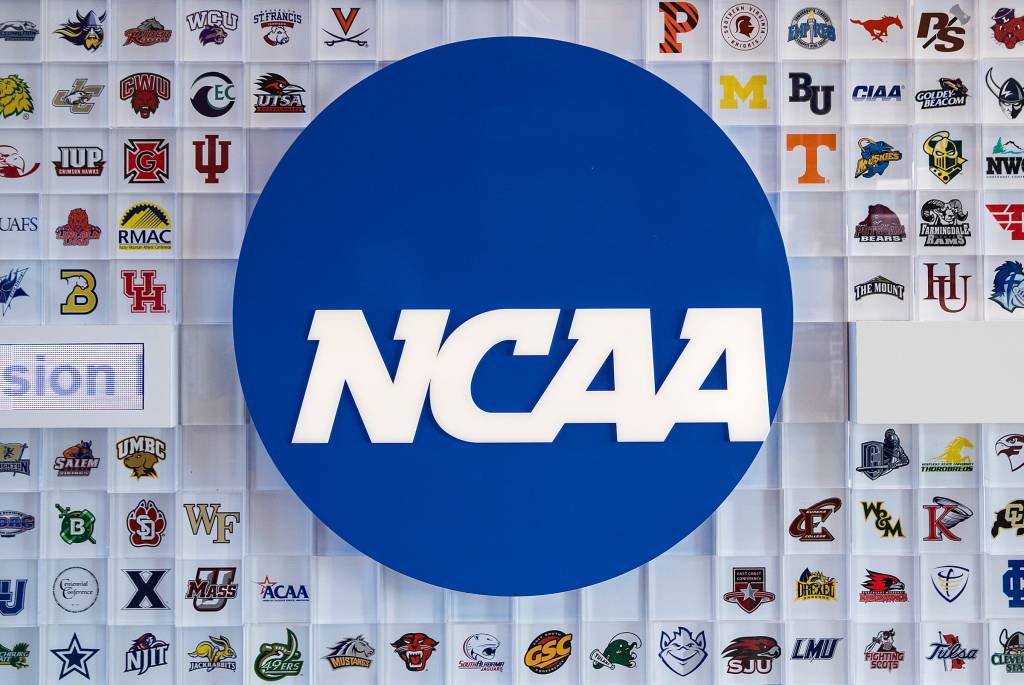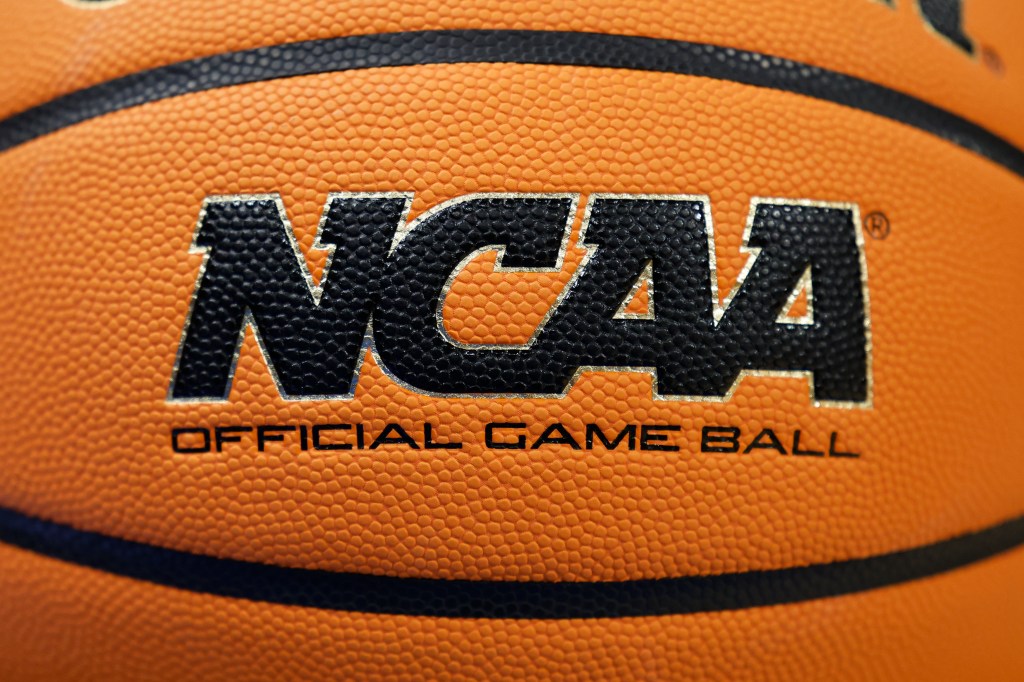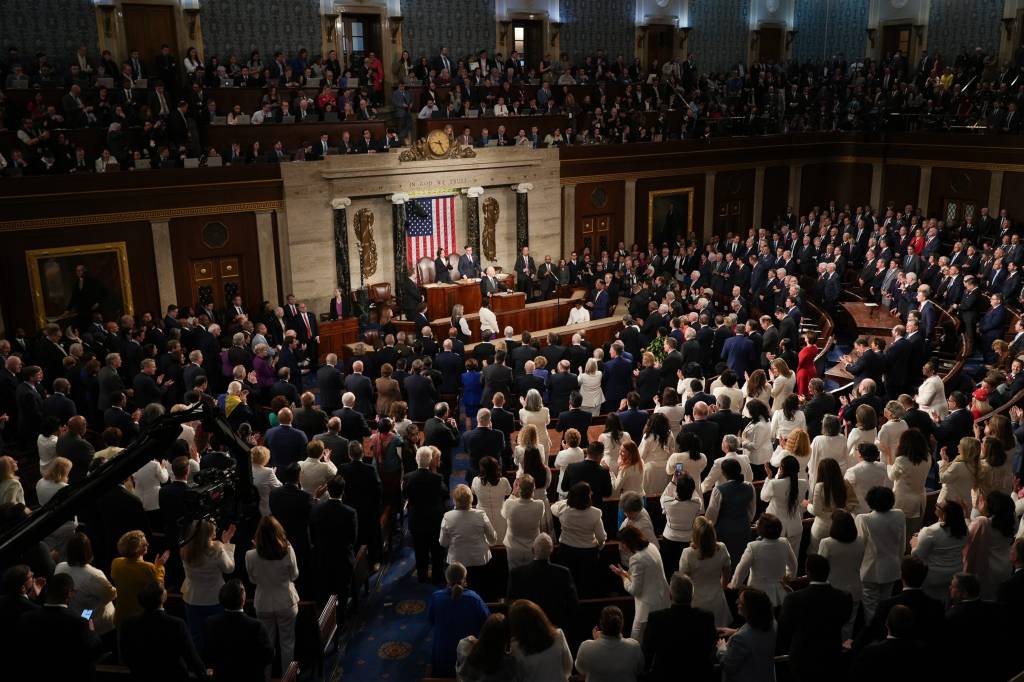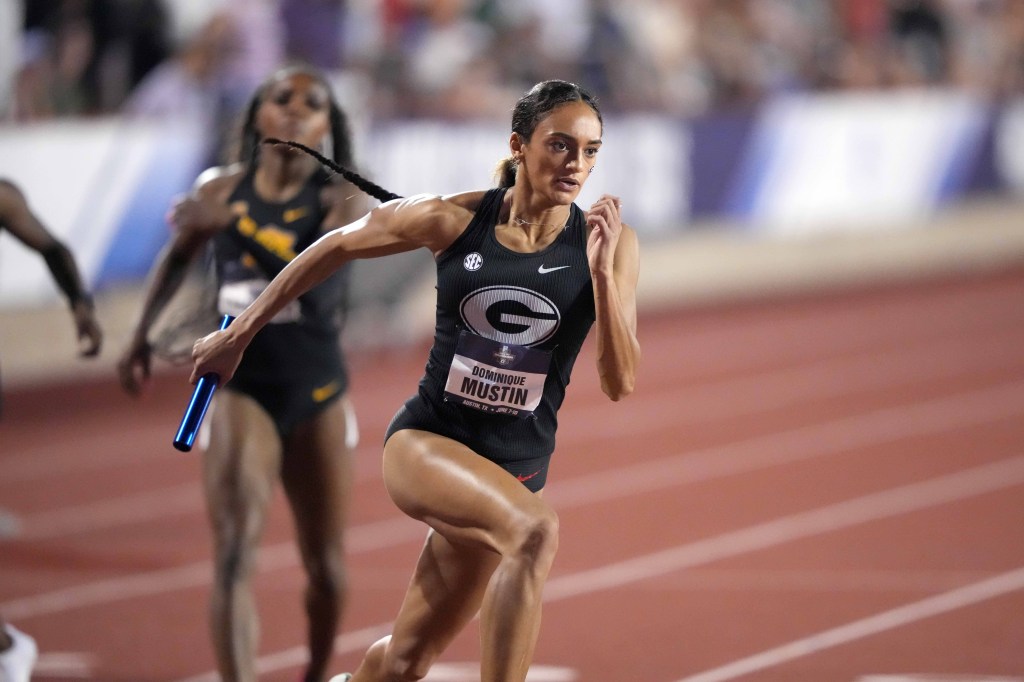
The full-court press of NCAA lobbying, in conjunction with Power 5 conferences, has invested significant resources in Washington, D.C., to advocate for laws that could significantly impact college sports. That includes reversing gains made by student-athletes under the Name, Image, and Likeness (NIL) policy adopted by the governing body in 2021 after the Supreme Court ruled unanimously in favor of college athletes’ ability to cash in on their talents.
In a special interview with Front Office Sports journalist Amanda Christovich, she delved into the complex NCAA lobbying activities, the influential figures, and the potential outcomes for athletes and fans. Christovich reported at length on these powerbroker efforts on Capitol Hill, shedding some light on how the NCAA is working hard to reverse NIL and other pro-college athlete wins.
NCAA Lobbying: A high-stakes power game

Since 2019, the NCAA and Power 5 conferences have allocated approximately $15 million to lobbying efforts. While this amount may appear modest compared to other sectors, it is significant for a nonprofit organization, Christovich told us.
These NCAA lobbying endeavors extend beyond mere financial aspects as they involve prominent firms in Washington with extensive connections and influence. These firms encompass conservative and liberal public relations agencies, aiming to garner bipartisan support for what could turn on its head the bonanza of money-making opportunities for some athletes since 2021.
“The Power 5 has a right-wing firm. The NCAA has a left-wing firm. And, you know, obviously, the cost of that is probably in the millions as well, although the public disclosure is a little different there,” Christovich told us. “You know, and so I found that it’s not just like the money is only the beginning of the story, which is what one expert explained to me.”
As highlighted by the public disclosures in Christovich’s piece, the NCAA’s lobbying firm has a track record of collaborating with notable clients like Purdue Pharma. In contrast, the Power 5 conferences have engaged firms associated with major political figures such as Mitch McConnell. The utilization of these reputable firms underscores the strategic tactics employed by the NCAA to shape legislation and uphold the conventional framework of amateurism within collegiate athletics.
“On the Power 5 side, there are at least 8 firms,” Christovich said, outlining how coordinated the effort is. “Also, some of the highest-grossing firms in the country. They also have really high-powered clients like Pfizer, for example.”
She added outside of the lobbying firms, both the NCAA and Power 5 have worked with crisis management and public relations firms who’ve worked for the Biden-Harris campaign, Uber, and even for Florida senator Marco Rubio.
Related: Sen. Murphy reintroduces college athlete unionization bill
NCAA lobbying effort about setting the narrative

Although Christovich questions whether the NCAA and the conferences are violating any Federal law regarding the amounts of money spent on lobbying (501(c)3 non-profits—which all organizations are), her investigation does show they are being very successful at changing the narrative with key Washington legislators in Congress and the U.S. Senate. The NCAA lobbying efforts are already making progress despite the lack of any legislation.
They might not have introduced any legislation yet, but they are changing the conversation with the help of these highly influential firms.
“But They have made progress in messaging.,” Christovich emphasized. “And, to college sports fans, I would say, be critical about the information like the talking points emerging from these conversations, from these hearings and from what lawmakers are saying.”
Some of those orchestrated talking points include emphasizing the continued paying of college athletes or fighting for them to be considered employees of the institutions they attend, which would lead to apocalyptic outcomes like “the death of women’s sports” or the “death of Olympic (non-revenue sports).”
Christovich says the NCAA lobbying efforts have made great progress in reframing the issue and leading the conversation and language around it.
What do the NCAA lobbying efforts want for the future?

So, what are the NCAA’s lobbying efforts and spending all this money around Washington meant to accomplish? Simply put, they want to pass laws that protect them from the gains made by student-athletes over the past four years.
There are three goals the groups are working toward:
- Seeking an antitrust exemption: Akin to the protection Major League Baseball enjoys to shield themselves from certain legal challenges related to antitrust laws.
- Advocate for a law that would establish non-employee status for college athletes, preventing them from being classified as employees and thus restricting their ability to unionize and access employment benefits. This was the crux of the Dartmouth men’s basketball case last year.
- Pushing for federal legislation superseding state laws, aiming to create a uniform set of regulations nationwide. This would prevent states from enacting laws that offer more favorable conditions to athletes, particularly in areas like NIL deals.
While there haven’t been any bills to come out of committee or that have been introduced formally in Congress, observers say that’s not something those interested in protecting the rights and interests of student-athletes should let fool them. The NCAA and conferences are plotting along slowly and aren’t in a hurry to get what they want.
“These lobbyists, they’re playing the long game,” Christovich told me.
Who’s fighting for the athletes?

A notable disparity exists among athletes, especially those involved in high-profile sports like football, versus those in less prominent sports. The NCAA lobbying efforts do not represent athletes equally.
Christovich said participation in congressional hearings has been limited, with only one current Power 5 football or men’s basketball player testifying across all hearings. This lack of representation raises questions about whose interests are genuinely being prioritized.
According to Christovich’s sources, despite the NCAA and Power 5 conferences saying they’re speaking for student-athletes, including the submission of letters and even live testimony, most athletes don’t feel represented in these issues brought before Congress. That includes disagreement on many of the key issues. That characterization is inaccurate.
“Because the NCAA and power conferences have positioned themselves to the public and in private as the representatives of the athletes when that’s not at all the case,” Christovich said. “I’ve heard there’s a healthy debate amongst college athletes or amongst the ones who are plugged in.”
The NCAA’s strong lobbying efforts are a major force in shaping the future of college athletics. Despite their significant investment in influencing laws, the needs and concerns of athletes often go unheard. The influence of this massive spending on lobbying would most certainly change the future landscape of college sports. It should not be underestimated.
Scott Gulbransen is a writer, editor, and video host at Sportsnaut and the host of the Las Vegas Raiders podcast Silver and Black Today. You can follow him on X @LVGully.